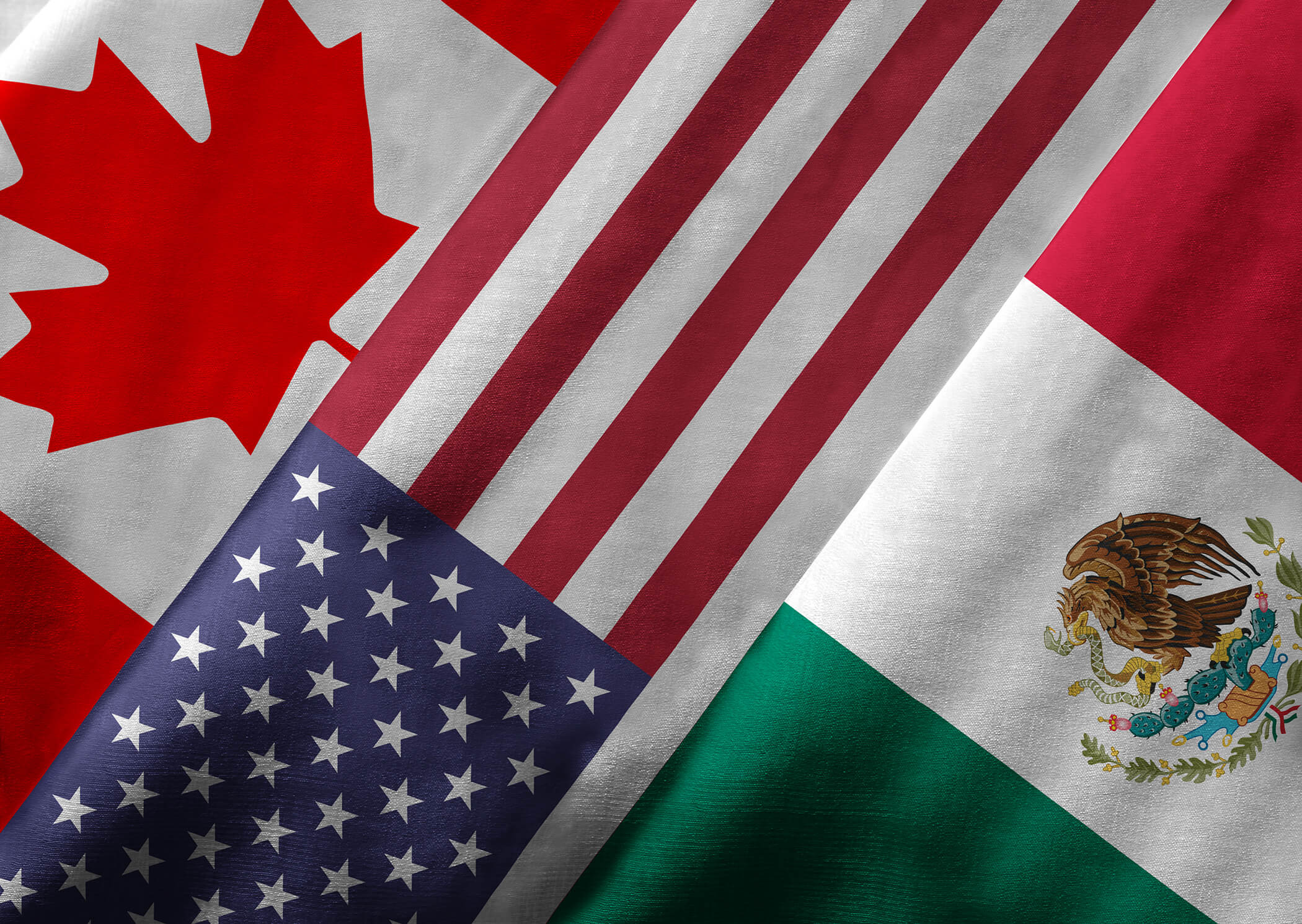TERMINATING NAFTA LIKELY WON’T HAVE INTENDED EFFECT

While the North American Free Trade Agreement (NAFTA) is being renegotiated, there’s been a lot of talk about pulling out of the agreement altogether. The reasoning goes that by doing so we could easily eliminate the trade deficits with our two partner countries (it’s really aimed at Mexico). We had a $55.6 billion deficit in goods and services trade with our southern neighbors in 2016; we had a $12.5 billion surplus with Canada.
But despite how plausible and easy that may sound, the fact is no serious study ever has been done on the economic implications for the U.S. economy or the effect on the trade deficit of withdrawing from NAFTA. In fact, if we walk away from NAFTA, our deficit with Mexico will almost certainly go up, not down. And our surplus with Canada may be wiped out. Why?
First, Mexico’s “bound” tariff rates on imports – set under World Trade Organization rules – are much higher than ours. Countries without free trade agreements (FTAs) with Mexico must pay those higher WTO-bound rates. If we pull out of NAFTA, tariffs on our goods going into Mexico will go way up – much more than our tariffs on Mexican products coming here. There’s actually a double whammy because Mexican tariffs on competing goods from the 44 countries with which it has FTAs will remain at zero.
Second, most economists forecast that the U.S. dollar would strengthen in relation to the Mexican peso and the Canadian dollar if the agreement is terminated, making U.S. goods going to those countries more expensive and their exports coming here cheaper.
Third, more companies likely would base production facilities in Mexico to stay competitive in world markets. The U.S. auto industry, for example, has said that even if pulling out of NAFTA trimmed the U.S. deficit with Mexico a little, it would have the opposite effect in the rest of the world. According to a report by BMO Economics, foreign manufacturers likely would opt to export from their home markets and pay import tariffs rather than continue to invest in the U.S. without a low-cost supply of parts and components from Mexico. That could increase the price of a car by at least $1,000, according to the report. Companies in other sectors of the U.S. economy undoubtedly would look to establish or expand operations in Mexico. In doing so, to sell in Mexico, they would not have to scale the tariff wall that the U.S. would build by withdrawing from NAFTA. Further, these companies would be better positioned to export from Mexico to the EU and other Mexican FTA partner nations.
Of course, all this underscores the importance of modernizing NAFTA – rather than withdrawing from it – to enhance trade and make the U.S. more, not less competitive.